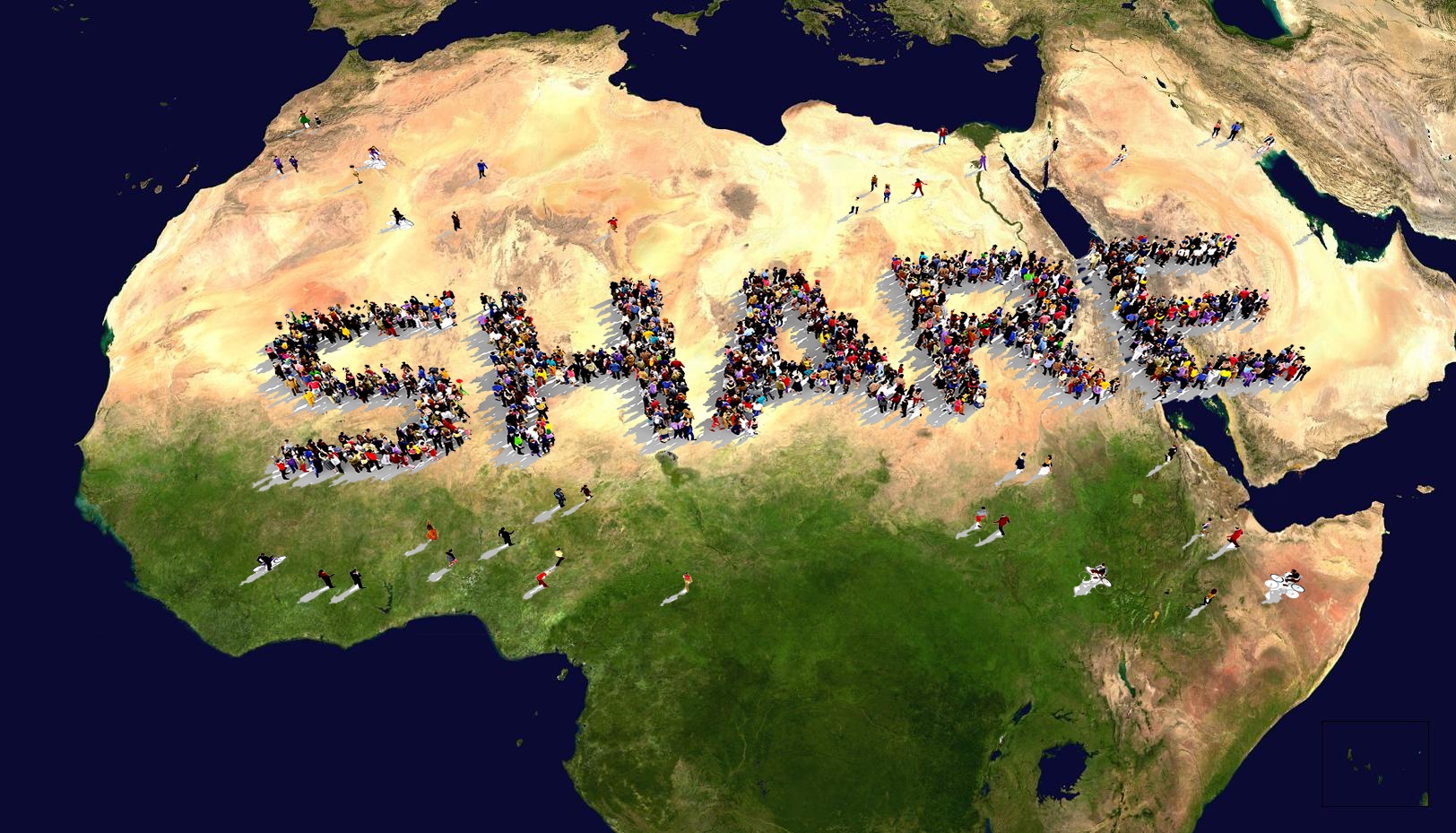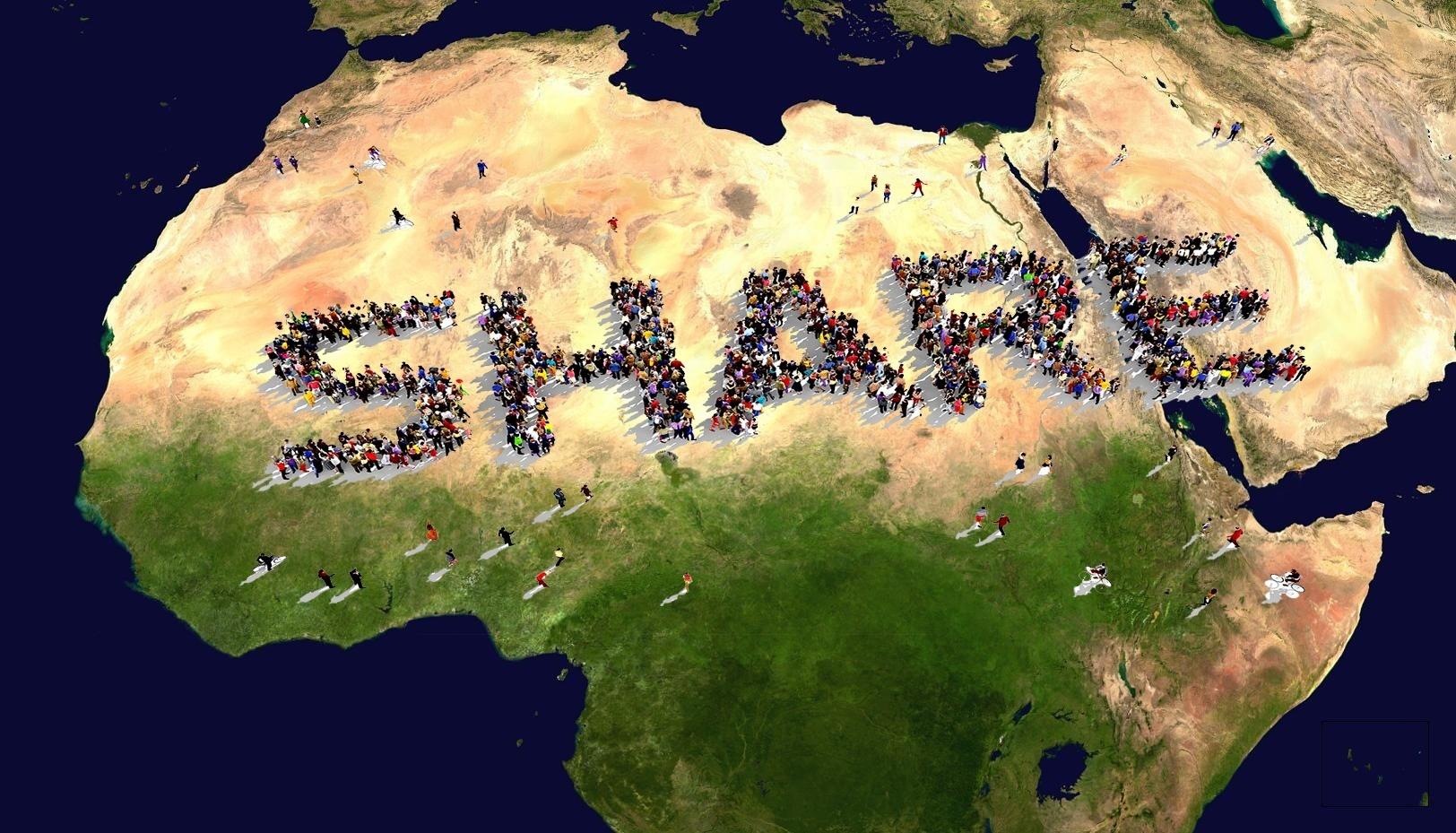
In his recent original article, Ahmad Sufian Bayram (@Ahmadsb_) explores the Arab World’s rich collaborative history that has led to the recent growth of sharing economy brands. People have practiced sharing customs for generations and have invented collaborative initiatives that are still being adopted today. Here are three Arab traditions that have influenced the region’s current sharing environment.
Jamee’h
Jamee’h is an early system of non-interest crowd-lending. Small amounts of savings from a group of individuals is pooled together and given to a specific member of that group. The beneficiaries are decided through a draw or mutual agreement if there is a particular member in need. The process is repeated again, usually on a weekly or monthly basis, with each member benefiting from the collected monies. This practice is still very common in the Arab world today.
Wakef
Wakef is an old form of land sharing, where people in the same area crowdfund a parcel of land to collectively grow crops and share the financial returns. Due to the region’s rural reconstruction movement, this kind of collaboration has been reduced.
Iftar Tables
During the Islamic month of Ramadan, religious associations and charities donate ingredients and money to help prepare free Iftar meals for people who are fasting. Food sharing is still commonly organized in Islamic countries.
With today’s economic struggles, Arab nations are holding fast to what is familiar. Entrepreneurs have found ways to monetize the age-old concept of sharing that has historically sustained the region. Marketplaces like fishfishme, KarTag, and Taskty are pushing this movement forward. Check out Bayram’s blog for a comprehensive look inside the Arab sharing economy.



